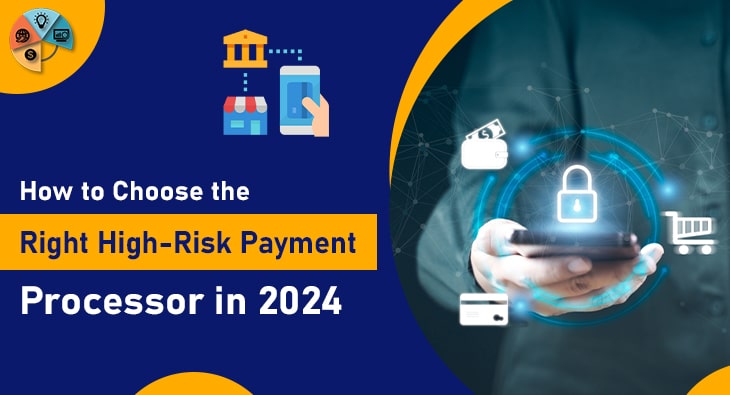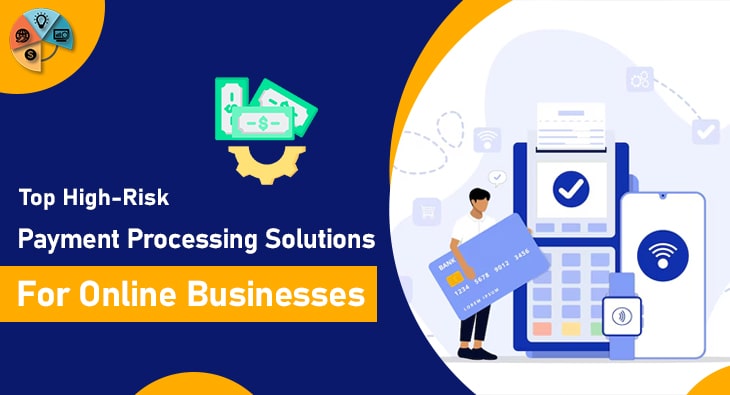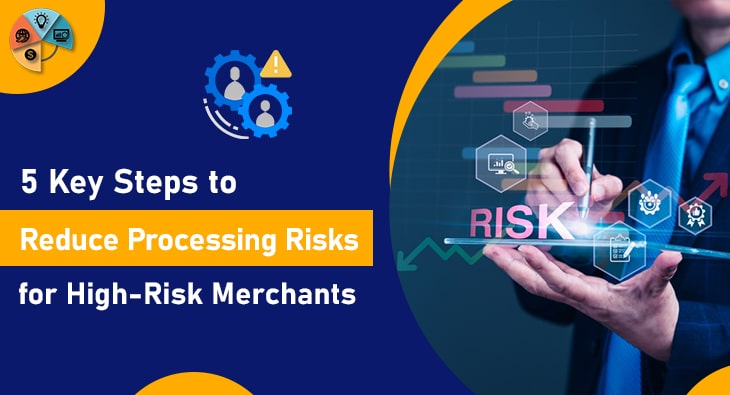Grasping the Concept of High-Risk Payment Processors
In the dynamic realm of online commerce, high-risk payment processors play a vital role for businesses that traditional financial institutions deem risky. These processors cater to industries like adult entertainment, online gambling, travel, and e-commerce, offering specialized services to manage transactions and mitigate associated risks. The “high-risk” designation often arises from factors such as elevated chargeback rates, stringent regulatory requirements, and a higher susceptibility to fraud.
High-risk payment processors provide bespoke services to address the unique challenges faced by businesses in these sectors. They employ advanced fraud detection tools, specialized account management, and other tailored solutions to help companies navigate the intricacies of high-risk payment environments. Selecting the right processor is crucial, as it ensures seamless transactions while safeguarding your business against financial hazards.
A reliable high-risk payment processor not only facilitates transactions but also shields your business from potential pitfalls. These processors are equipped with sophisticated tools designed to detect and prevent fraud, helping to maintain the integrity of your transactions. By understanding the role and benefits of these specialized processors, businesses can make informed decisions that enhance their financial operations and reduce risk.
Some Related Blogs
- 5 Key Steps to Reduce Processing Risks for High-Risk Merchants
- Expanding into International Markets: Payment Essentials for High-Risk Merchants
- Understanding the Landscape of High-Risk Payment Processing in 2024
- Emerging Payment Solutions and What They Mean for Merchants
Pinpointing Your Business Requirements
Before selecting a high-risk payment processor, it’s essential to assess your specific business needs. Start by examining the particular requirements of your industry. Each sector has its own set of challenges and regulations, so understanding these will help you identify the features and services that are most critical to your business.
Next, consider your transaction volumes and frequency. Some processors are better suited for businesses with a high volume of transactions, while others may offer more favorable terms for lower volume operations. Knowing your transaction patterns will help you choose a processor that can handle your business’s needs efficiently and cost-effectively.
It’s also important to evaluate the geographic reach of your business. If you operate internationally, you’ll need a processor that supports multiple currencies and has experience handling cross-border transactions. This will ensure that your customers have a seamless payment experience, regardless of their location.
Additionally, consider the types of payments you accept. Whether it’s credit cards, ACH payments, or cryptocurrency, ensure the processor can support your preferred payment methods. Some processors may specialize in certain types of payments, which can be advantageous depending on your customer base.
Finally, think about integration with your existing systems. A processor that easily integrates with your e-commerce platform, CRM, or accounting software can streamline operations and reduce administrative overhead. Look for providers that offer flexible APIs and robust developer support to make the integration process smoother.
Analyzing Security Features
Security is crucial for high-risk payment processors due to the elevated potential for fraud in these sectors. Processors should offer robust fraud protection measures such as real-time transaction monitoring, advanced encryption, and tokenization. These tools help in identifying and mitigating fraudulent activities promptly, ensuring the safety of your transactions.
Additionally, it’s essential to verify that the processor adheres to industry-standard security certifications like PCI DSS compliance. This certification ensures that the processor meets stringent security standards for handling cardholder information, thereby reducing the risk of data breaches. Other certifications to consider include SOC 2 and GDPR compliance, which further demonstrate the processor’s commitment to data security and privacy.
Some processors also provide features like multi-factor authentication and IP whitelisting, which add extra layers of security. These measures can prevent unauthorized access and protect sensitive data. By focusing on security features, you can ensure that your business is well-protected against potential threats, maintaining the integrity and trust of your customers.
Comparing Costs and Charges
Understanding the cost structures of high-risk payment processors is vital for making an informed decision. These processors often charge various fees, including transaction fees, setup fees, and monthly maintenance fees. Due to the increased risk associated with high-risk businesses, these fees are generally higher than those for standard processors.

It’s essential to read the fine print and be wary of hidden costs. Some processors may promote low transaction fees but include extra charges that aren’t immediately visible. For instance, you might encounter fees for chargebacks, refunds, or currency conversions that could significantly impact your overall costs.
Another factor to consider is the contract terms. Some processors require long-term contracts with early termination fees, which can be costly if you decide to switch providers. Others may offer more flexible month-to-month agreements. Evaluating these terms will help you choose a processor that aligns with your business strategy and financial plans.
Volume-based pricing is another aspect to consider. Some processors offer tiered pricing based on transaction volume, which can be beneficial for businesses with high transaction rates. Conversely, if your business has lower transaction volumes, a processor with a flat-rate pricing model might be more economical.
Finally, assess the value of additional services offered by the processor, such as fraud protection and customer support. While these features might come at a premium, they can provide significant long-term savings by reducing fraud losses and improving operational efficiency.
Examining Customer Support Options
When selecting a high-risk payment processors, the quality of customer support is a crucial factor. Look for providers that offer multiple channels of support, such as phone, email, and live chat, ensuring you can get assistance in the manner most convenient for you.
Timeliness and expertise are key indicators of good support. Make sure the processor has a reputation for quick response times and knowledgeable staff who can effectively address issues and provide guidance. Reading customer reviews and seeking testimonials can give you insight into the support quality you can expect.
Additionally, consider whether the support team is well-versed in high-risk industries. Specialized knowledge can make a significant difference in resolving industry-specific issues swiftly and accurately.
Also, check if the processor offers dedicated account managers. Having a single point of contact familiar with your business can streamline communication and problem-solving. This personalized approach often results in more efficient and tailored support, enhancing your overall experience.
Finally, explore the availability of online resources like FAQs, user guides, and tutorials. These resources can be invaluable for troubleshooting common issues and understanding the processor’s features, allowing you to solve minor problems independently.
![]()
Email us anytime!
Email customer service 24/7
![]()
Call us anytime!
Reach customer care 24/7 at +1 (727) 330-3944


